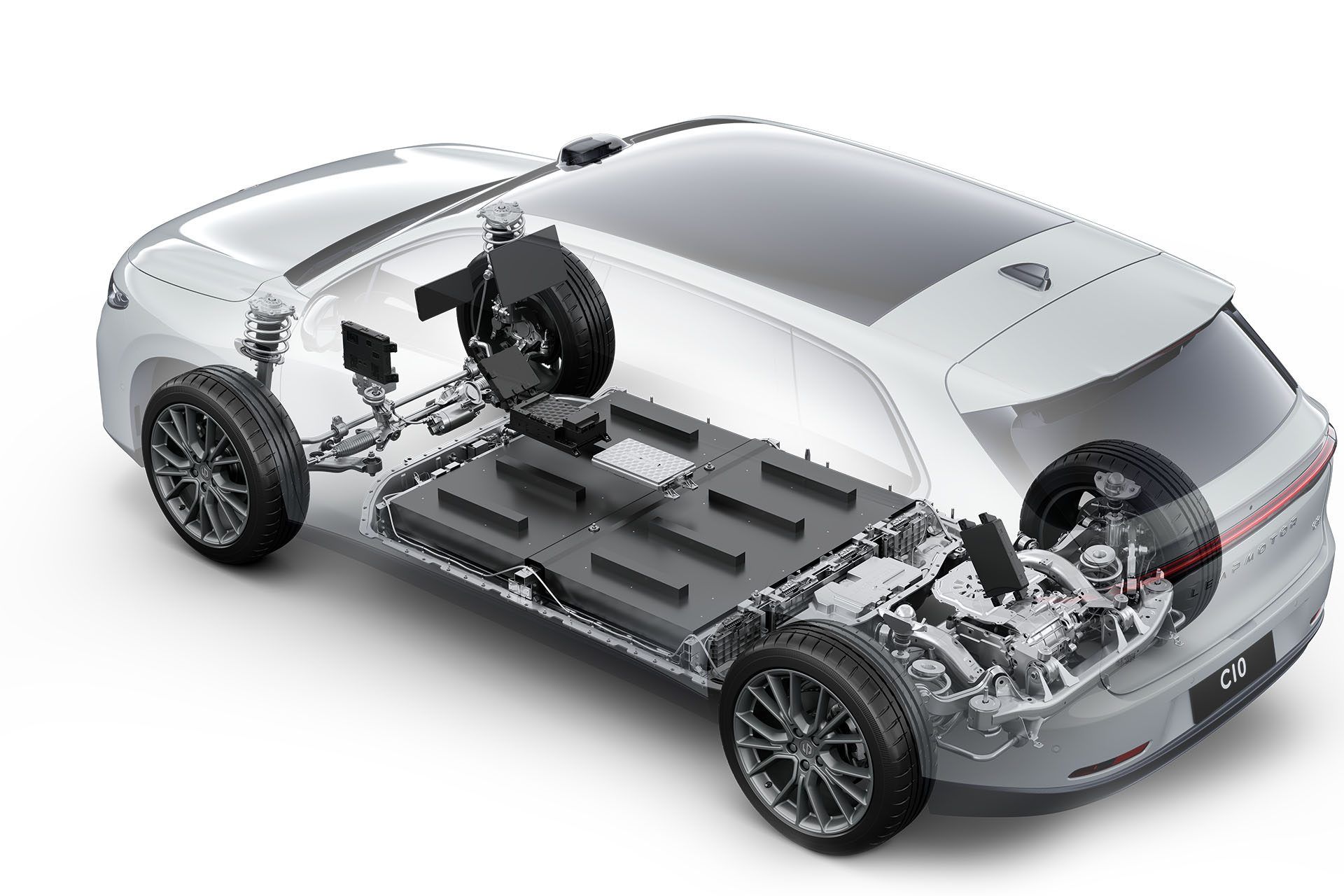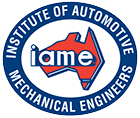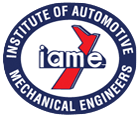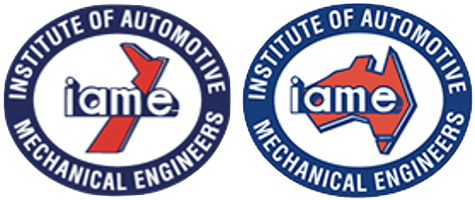MG Motors Bolsters Internal Management Team to Fuel Expansion of Electrified Range in Australia

In a significant move signaling its commitment to the electrification of automobiles, MG Motors has announced strategic enhancements to its internal management team in Australia. The decision comes as the company gears up to broaden its electrified range of cars, setting the stage for a transformative phase in the Australian automotive landscape.
With the global shift towards sustainability and eco-conscious mobility solutions, MG Motors is poised to take the lead in delivering innovative electric vehicles (EVs) to the Australian market. The bolstering of its internal management team underscores the company's proactive approach to aligning resources and expertise with its ambitious expansion plans.
Central to MG Motors' strategy is the appointment of seasoned professionals with a wealth of experience in electric vehicle technology, market analysis, and strategic planning. By augmenting its management team, the company aims to leverage diverse perspectives and specialized skill sets to navigate the complexities of the evolving automotive industry landscape.
One key focus area for MG Motors is to capitalize on the growing demand for electrified vehicles in Australia. With consumers increasingly prioritizing sustainability and energy efficiency, the company is poised to introduce an expanded lineup of electric and hybrid models tailored to meet diverse preferences and driving needs.
Moreover, MG Motors' investment in strengthening its internal management team underscores its long-term commitment to the Australian market. By fostering a robust organizational structure equipped to drive innovation and adapt to market dynamics, the company is primed to solidify its position as a frontrunner in the electrified vehicle segment.
The expansion of MG Motors' electrified range holds significant implications not only for the automotive industry but also for Australia's broader sustainability agenda. As the country seeks to reduce carbon emissions and transition towards cleaner transportation alternatives, the availability of affordable and accessible electric vehicles represents a pivotal step forward.
Furthermore, MG Motors' proactive approach to talent acquisition and organizational development sends a clear message of confidence and optimism amidst a rapidly changing automotive landscape. By investing in top-tier talent and fostering a culture of innovation and collaboration, the company is laying a solid foundation for sustained growth and market leadership.
As MG Motors embarks on this transformative journey, collaboration and partnership will be key drivers of success. By working closely with stakeholders across the automotive ecosystem, including government agencies, industry partners, and consumers, the company aims to catalyze the adoption of electric vehicles and drive positive change towards a more sustainable future.
In conclusion, MG Motors' strategic initiatives to bolster its internal management team underscore its unwavering commitment to driving innovation and leading the charge towards electrified mobility in Australia. With a clear vision, a talented team, and a portfolio of cutting-edge electric vehicles, the company is well-positioned to redefine the future of transportation and make a meaningful impact on society and the environment alike.








